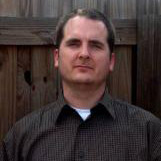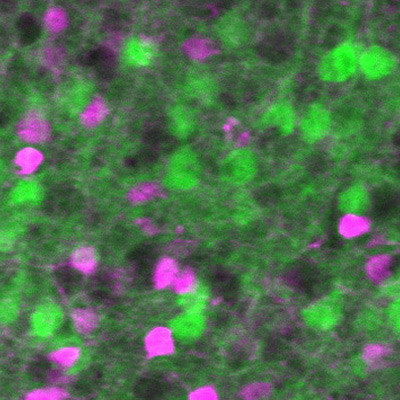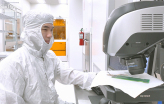UC San Diego to Launch New Master’s Program in Data Science and Engineering
The University of California, San Diego has announced a new master’s degree program in Data Science and Engineering, intended for working professionals with a broad educational background and/or training in computer science, engineering, or mathematics.

















